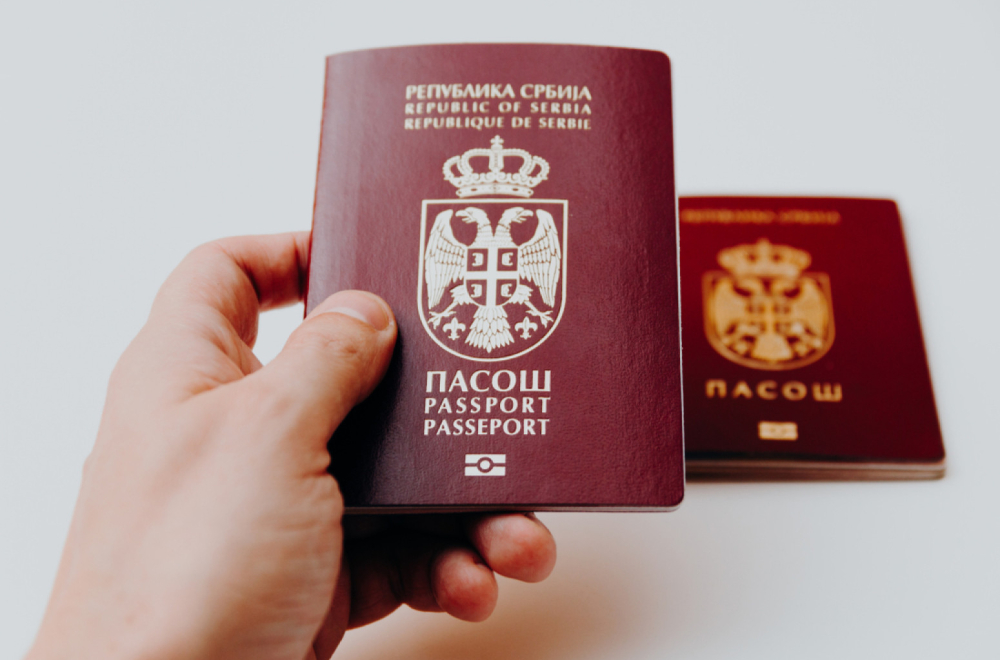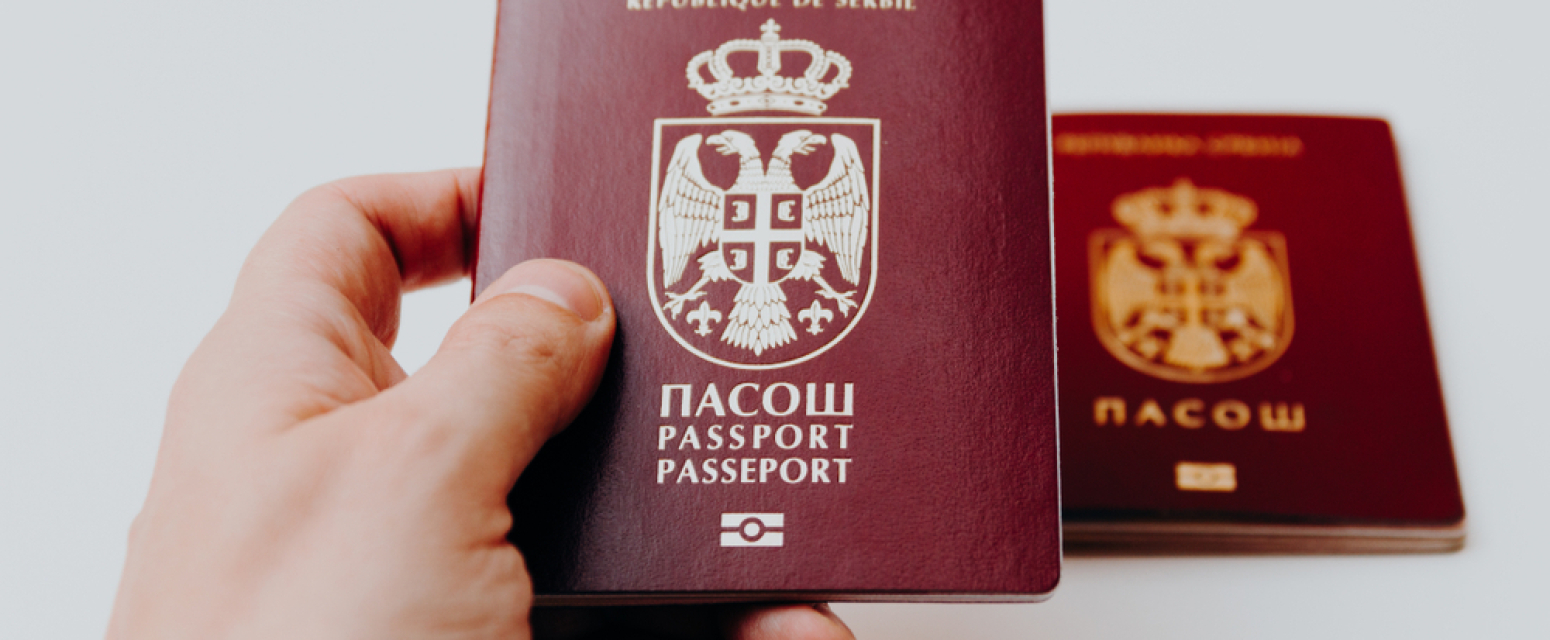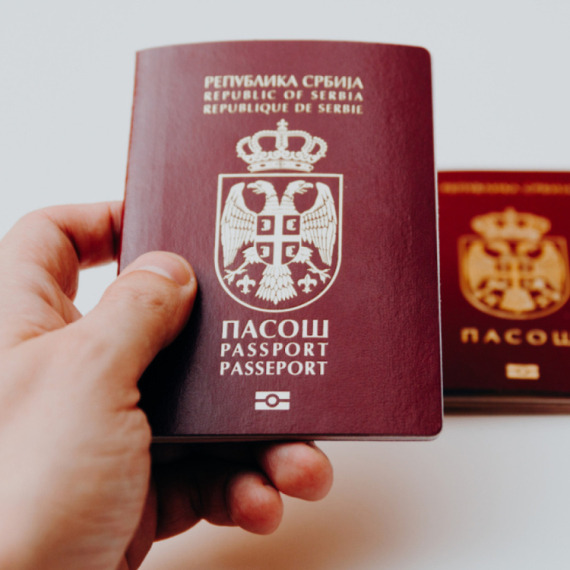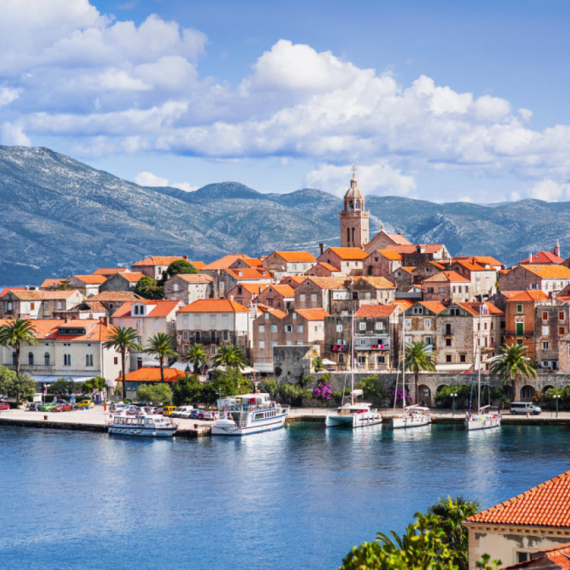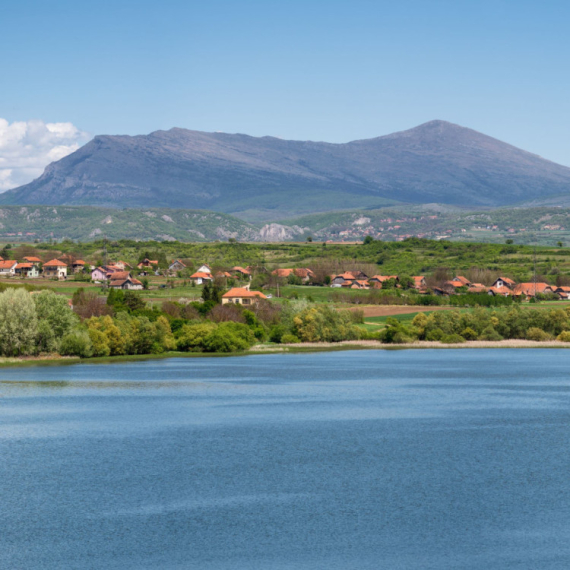The Serbian passport is currently ranked 35th in the world according to the Henley Passport Index, which measures how many countries passport holders can visit visa-free. The Serbian Ministry of Foreign Affairs is actively negotiating visa-free agreements with about thirty more countries, which would further increase the passport’s strength. A visa-free regime with Venezuela recently came into effect, and negotiations are ongoing with countries in Central America and the Caribbean. The introduction of e-visas for citizens of 46 countries further facilitates travel to Serbia. The goal is for the Serbian passport to become one of the most powerful in the world, restoring the tradition from the SFRY era when citizens could travel visa-free to many countries, especially in Africa and among the Non-Aligned Movement.
Political Perspectives:
Left: Left-leaning sources tend to emphasize the positive aspects of Serbia expanding its visa-free travel agreements as a sign of increasing international cooperation and Serbia’s reintegration into the global community. They highlight the benefits for ordinary citizens, such as easier travel and cultural exchange, and often frame it as a step towards greater openness and modernization.
Center: Centrist sources report the facts about the Serbian passport’s rising power and ongoing negotiations in a neutral tone, focusing on the practical implications for travelers and the country’s diplomatic efforts. They provide balanced coverage of the historical context and current developments without strong ideological framing.
Right: Right-leaning sources may emphasize national pride and sovereignty, highlighting the restoration of Serbia’s passport strength as a reclaiming of its historical status and international respect. They might also stress the importance of maintaining national interests and cautious diplomacy, ensuring that visa agreements do not compromise Serbia’s security or political goals.
